Hypnotherapy
Clinical hypnotherapy is a combination of hypnosis and psychological treatment administered by a trained professional such as a Clinical Hypnotherapist, Psychologist, Mental Health Worker or even a Medical Doctor. The practice of hypnosis for therapeutic purposes involves getting into a relaxed state of mind where in this case Julie communicates with the subconscious part of your brain and makes suggestions relevant to specific symptoms like pain, anxiety, or addiction. Think of hypnosis as a “connector” linking your subconscious mind to your conscious mind – otherwise referred to as being in a trance like state. By accessing deeply buried memories, experiences and repressed emotions, Julie and the client can more efficiently identify the root cause of destructive behaviour/habits that may otherwise have taken weeks to uncover. For this reason, many medically trained and allied health professionals are relying on hypnotherapy to fast-track results with their clients.
The areas in which hypnosis can be of great benefit are:
- To reduce chronic and acute pain
Chronic pain is defined as pain that persists for at least 6 months or longer and may cause considerable suffering and distress. Clinical hypnotherapy involves practitioner-lead instruction (during a session) as well as self-hypnosis education for the Client (outside of a session) helping reduce pain associated with arthritis, fibromyalgia, physical disability, lower back pain and even cancer.
- To Reduce anxiety and symptoms of depression
With one in seven Australians experiencing depression in their lifetime, and one in four experiencing anxiety (Beyond Blue 2020), mental health disorders are rapidly becoming Australia’s largest national health issue. Clinical hypnotherapy may assist individuals struggling with anxiety and depression by improving physical and emotional control, reducing self-consciousness and channeling focused attention (Stanford 2016). During the session, Julie will guide you into a relaxed state before suggesting coping techniques that may help you manage your symptoms of anxiety and depression. During the trance-like state experienced in hypnotherapy, your mind is much more open to suggestion than usual.
- Management of phobias or fears
One of the most popular uses for Clinical Hypnotherapy is in the management of phobias and fears. A phobia is defined as “a marked and persistent fear of the presence or anticipation of an encounter with a specific object or situation”, for example flying, spiders, large crowds…etc . For sufferers, this may elicit a sense of panic and/or anxiety accompanied by physical symptoms such as sweating, heavy breathing and an increased heart rate. This form of hypnotherapy usually involves image-based therapy and suggestive desensitisation techniques.
- Addiction and substance abuse
Clinical hypnotherapy can provide a drug-free alternative to managing addiction and substance abuse for individuals struggling with drugs, alcohol, gambling, food, sex and a range of other issues. While in a hypnotic state, you are more open to suggestion and less resistant to exploring deep emotional trauma and memories which may have contributed to, or initiated your addiction. Clinical Hypnotherapy may also present a more optimistic outlook to your problem, giving you the confidence and will power to break free of bad habits.
- Self-esteem and relationship issues
Arguably one of the most underrated applications of Clinical Hypnotherapy is its efficacy in improving interpersonal relationships and self-esteem. Hypnotherapy has been described as a “psychological or mental healing process (that can be used) to achieve desired goals like changing current feelings or behaviours” (Kircsh 1995) These feelings or behaviours can often involve the negative attitudes, beliefs and values we have of ourselves and our relationships; which can be detrimental to our growth and/or success. By allowing you to dig deeper and explore underlying emotions and memories during hypnosis, you enhance your ability to identify patterns in your actions which may be contributing to negative outcomes. Using suggestive techniques, Julie will begin to positively change the way you talk to yourself, value who you are, process situations, interact with others, and see life events from a different perspective.
Why Choose Julie as a hypnotherapist?
- My therapy plans are sensitively tailored to meet your individual needs
- I combine a range of evidence-based hypnotherapy techniques as no ‘one size fits all’
- Most clients seeing and feeling results after just a few sessions
- Your therapy journey is limited only by your hypnotherapist’s imagination. I use my intuition, creativity and experience to help you find new ways of looking at things and finding solutions
- My aim is to always exceed expectations and over deliver on service and experience
- Whilst results can never be guaranteed with hypnotherapy, I can guarantee my competence, care and experience in helping to inspire positive change.
FACE TO FACE AND ONLINE
For a faster and more convenient way of getting results, you can access my private hypnotherapy sessions wherever you are in the world from the comfort of your own home. You will receive exactly the same level of service as my face-to-face clients and enjoy the same long-lasting results.
Can anybody be hypnotised ?
Yes, anyone can be hypnotised as long as they want to be and have an ability to concentrate. So it is not appropriate for very young children or people with certain mental disabilities. A hypnotherapist can not force you to go into hypnosis against your will.
How many sessions will I need?
Julie usually sees people 3 times, but sometimes more or less sessions are required. The first session lasts approximately one hour, the second session is usually two hours and any follow ups after that are usually one hour.
Hypnotherapy is an effective therapy but it also depends on your motivation and desire to change. Julie will want to help you in the minimum number of sessions possible. You and the Julie will review your progress so that at any time you can make a valued judgement about how the therapy is progressing.
How often will I need to see the hypnotherapist?
This depends on the type of problem and on the progress made. Julie will usually see you once a week. However some clients see the hypnotherapist once a fortnight or even once a month depending on their circumstances.

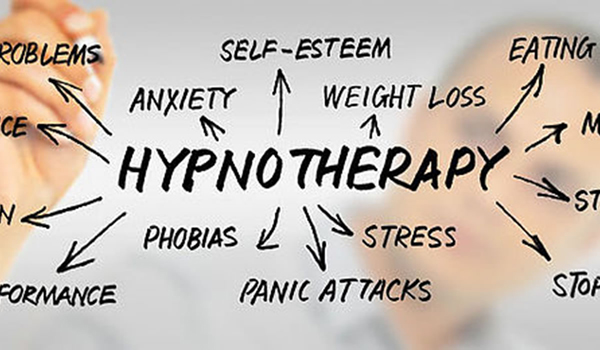
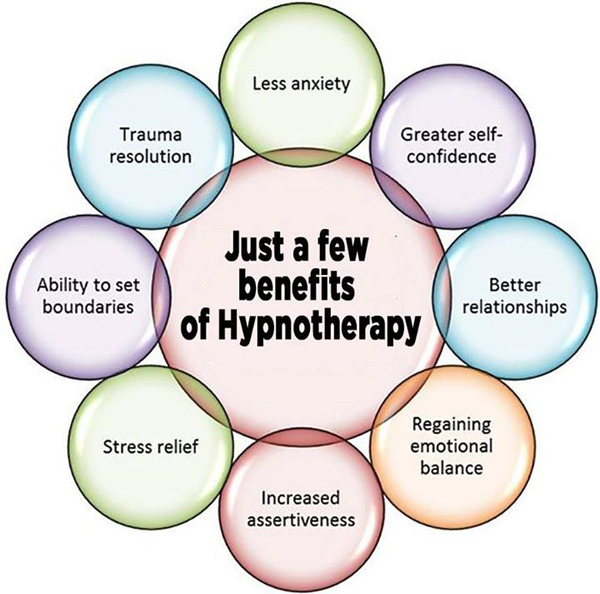
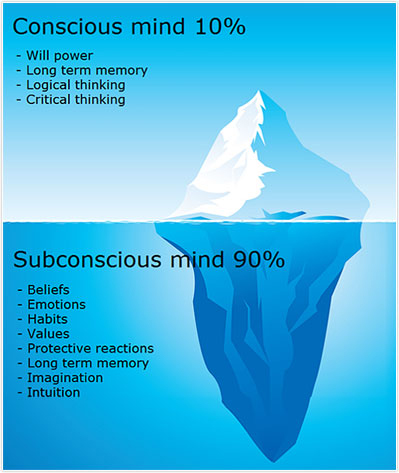
JULIE IS A MEMBER OF:
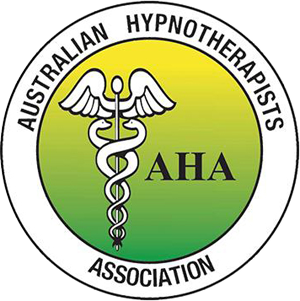
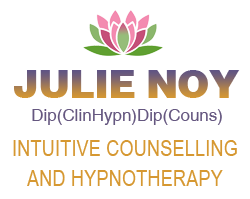
Holistic, Intuitive, Spiritual and Clinical Counselling
Locations
Brisbane and Townsville
Australia
Contact
EMAIL: julienoy158@gmail.com
0410 664 801
